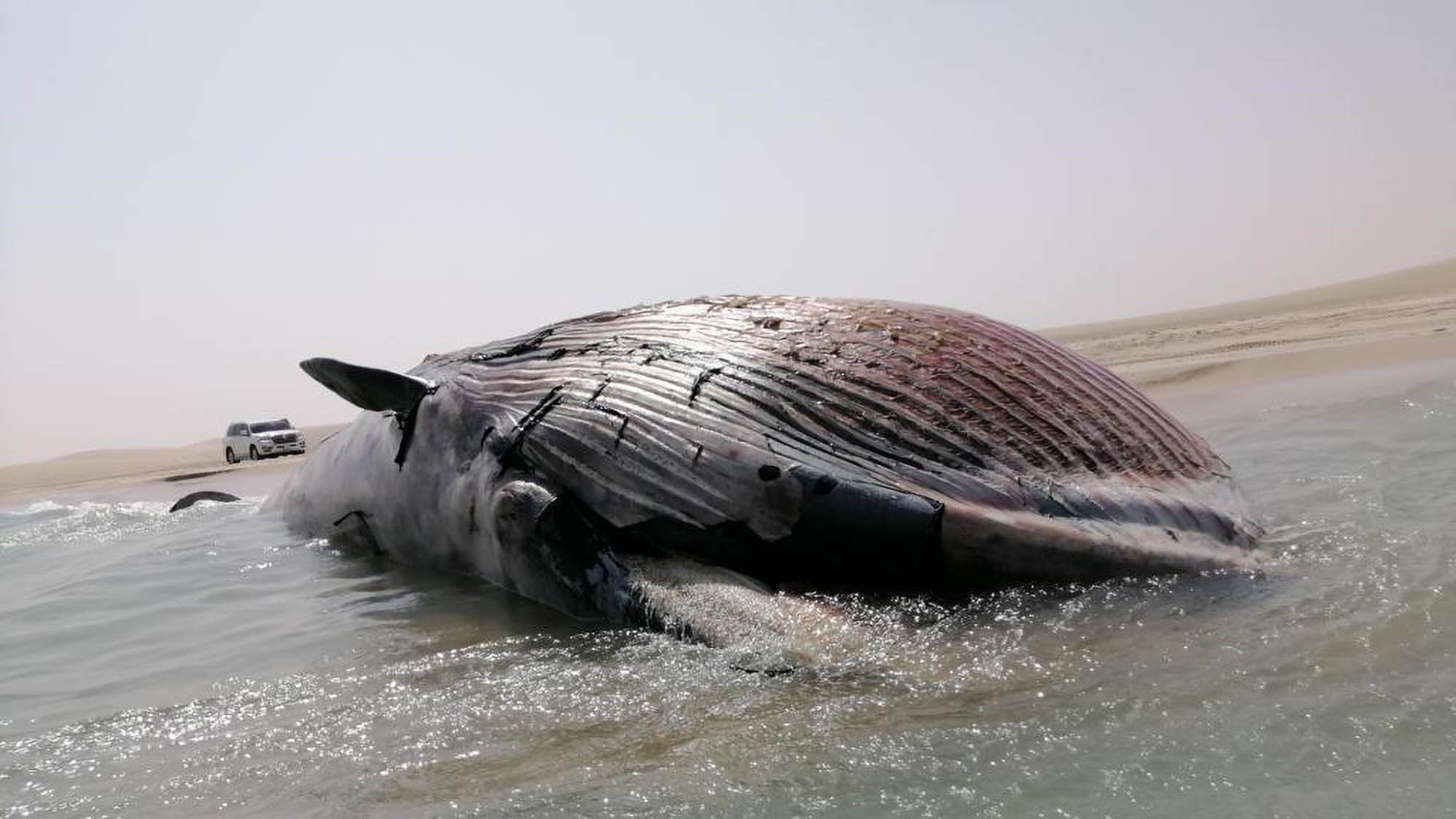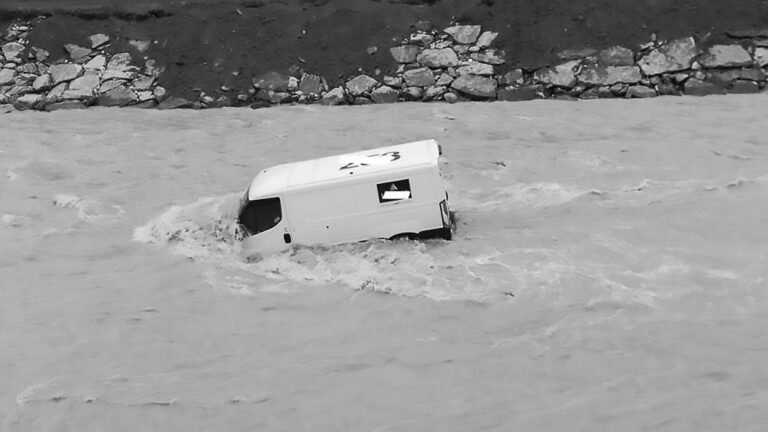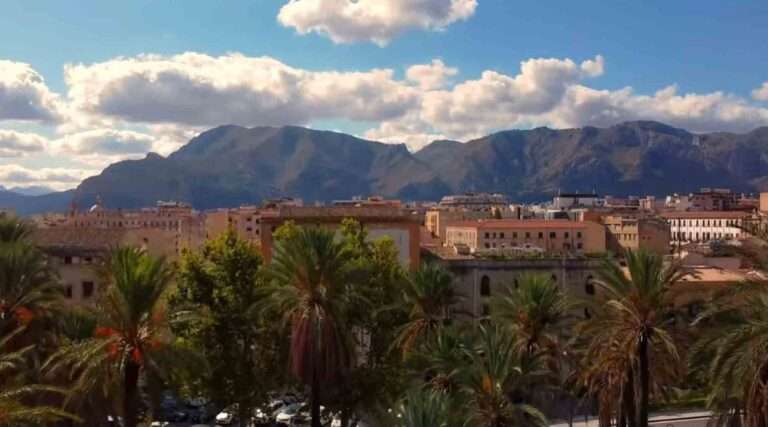A whale washed up dead on a tourist beach in Qatar is understood to have starved to death when the jaw bristles that filter its food died out.
The giant Bryde’s whale corpse was discovered in the surf on the coast of the Persian Gulf’s Mesaieed Sealine coast.
Environmental officials – who announced the find on 18th September – say they have ruled out pollution as a cause of the whale’s death.
They say that a post-mortem exam revealed that the sea mammal’s baleen plates had deteriorated “significantly.”
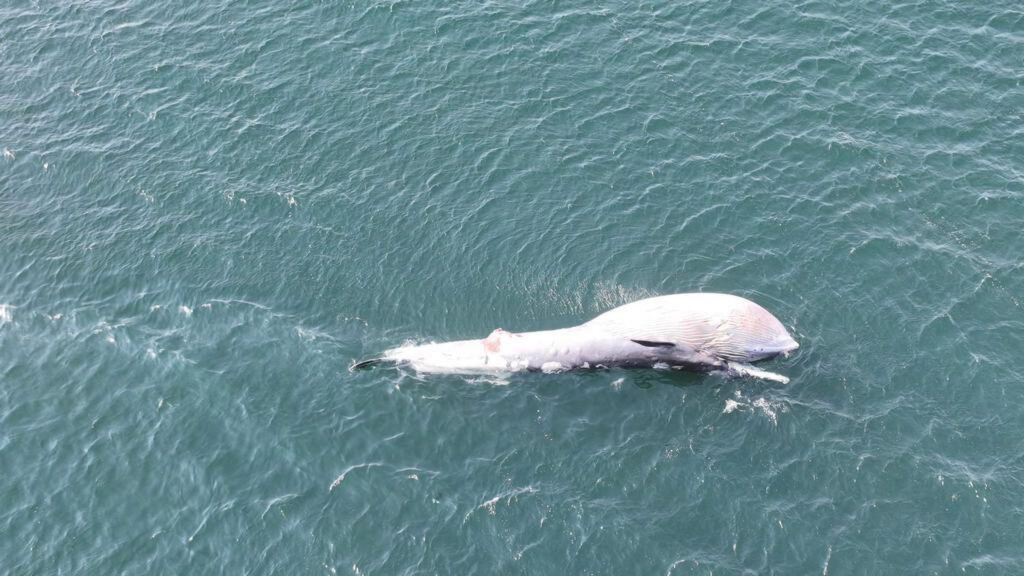
(Ministry of Environment and Climate of Qatar/Newsflash)
The plates are made of fibrous, bony bristles in the jaws which are used to filter the whale’s food before it can swallow it.
Experts believe the deterioration of the baleen plates meant the whale slowly starved to death.
Qatar’s Ministry of Environment and Climate Change says the 45ft-long-whale was a mature adult.
Environmental activist Khalifa Al-Humaidi published a video clip of the whale’s death as part of an ongoing documentation of environmental life in Qatar.
Bryde’s whales are named after Johan Bryde, a Norwegian who built the first whaling stations in South Africa in the early 20th century.
The ministry pointed out that this type of whale was seen in the southeastern region of the Qatari peninsula, and a whale of the same type was spotted in the same region in 2019.
Bryde whales are distinguished from other similar whale species by three long ridges on top of their heads.
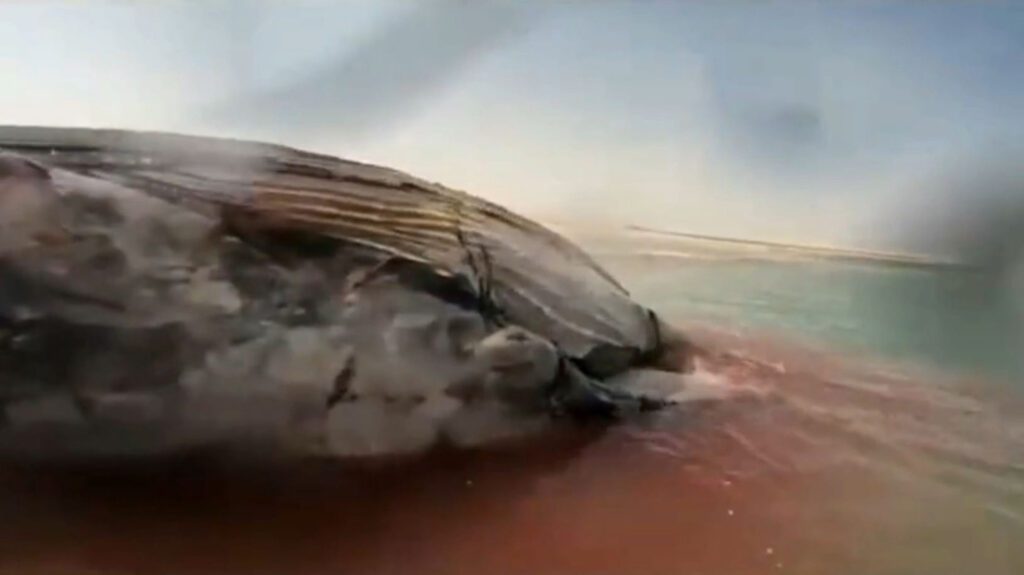
(Ministry of Environment and Climate of Qatar/Newsflash)
At birth, the species reaches a length of 12ft and weighs nearly a tonne.
They mature at the age of ten, live up to 50 years and mature adults weigh around 22 tonnes.
According to reports, Qatari waters also have one of the largest concentrations of whale sharks in the world.
A research study revealed the presence of about 600 rare whale sharks on the shores of Qatar.
The study classified the gathering as the largest of its kind in the world.
To find out more about the author, editor or agency that supplied this story – please click below.
Story By: Michael Leidig, Sub-Editor: Marija Stojkoska, Agency: Newsflash
The Ananova page is created by and dedicated to professional, independent freelance journalists. It is a place for us to showcase our work. When our news is sold to our media partners, we will include the link here.

